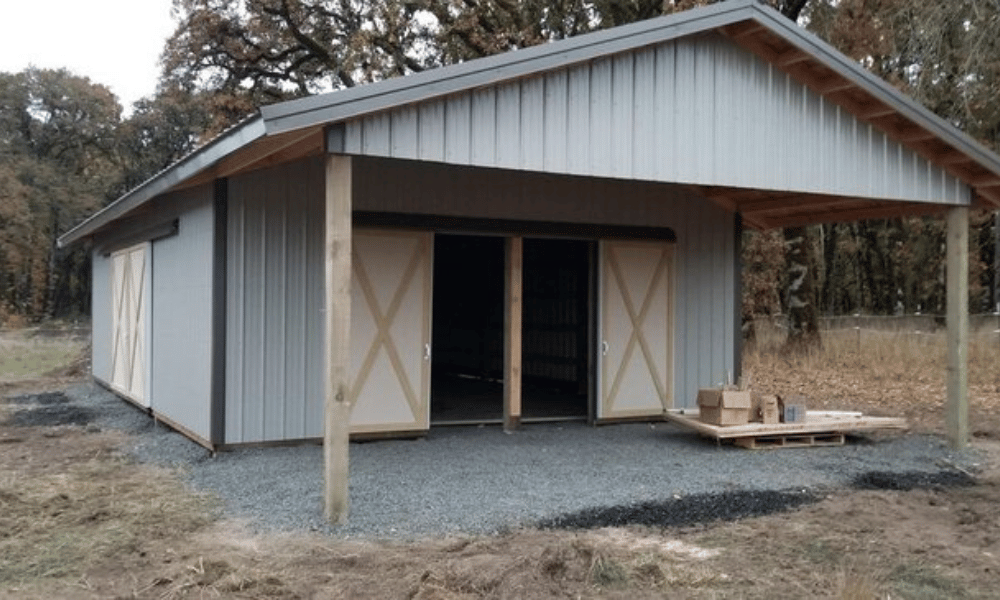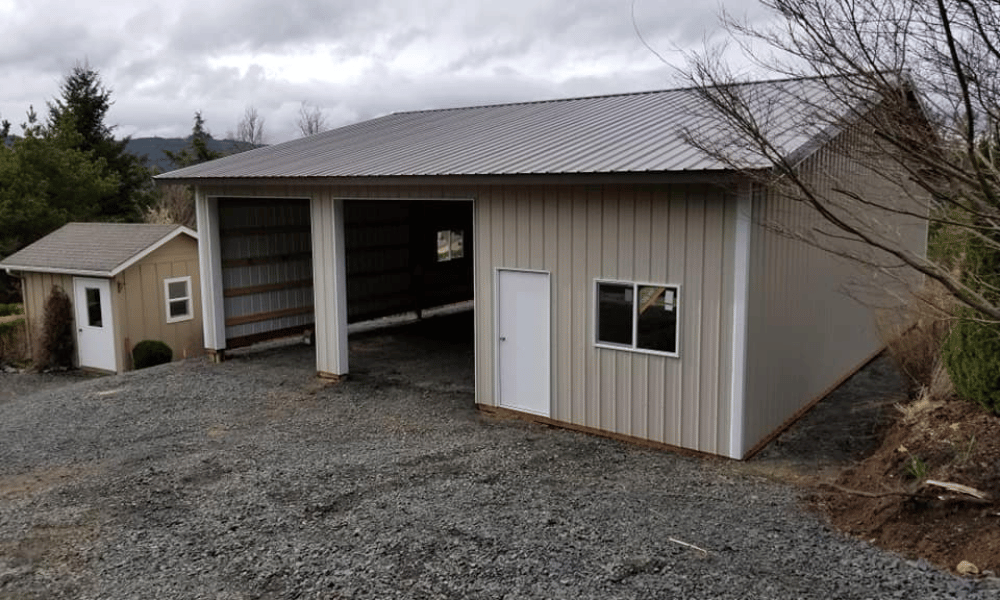Introduction
Managing costs effectively when working with contractors can often feel like trying to juggle flaming swords—challenging, risky, and not without its hazards. Whether you're embarking on a grand construction project or simply seeking to add a cozy pole barn to your property, understanding how to navigate the contractor landscape is essential for budget management. In this article, we'll explore the ins and outs of working with contractors, from choosing the right ones to negotiating costs, all while keeping your financial sanity intact.
Why Understanding Contractor Costs is Crucial
You might be wondering, "Why should I care about contractor costs?" Well, my friend, let’s break it down. The world of contracting is rife with hidden fees, unexpected costs, and fine print that can make your head spin. A little knowledge goes a long way in making sure you don’t end up spending more than you bargained for.
Working with Contractors: How to Manage Costs Effectively
When you think about working with contractors, do you picture endless meetings filled with technical jargon? Or perhaps a construction site buzzing like a beehive? Whatever your mental image may be, one thing's for certain: managing costs effectively is paramount. Here’s how you can stay afloat financially while working alongside these skilled professionals.
1. Knowing Your Budget Before You Start
Before diving into any project—be it a lavish new kitchen or that charming pole barn—you need a solid grip on your budget. Ask yourself:
- What are the total funds available? Are there any contingencies set aside for unexpected expenses? What is the absolute maximum I’m willing to spend?
By having clear financial parameters from the get-go, you'll avoid falling into the common trap of "just one more upgrade."
2. Choosing the Right Contractor: What to Look For
Not all contractors are created equal! So what should you look for? Here are some essential factors:
Experience Matters
Seek out contractors who have experience relevant to your specific needs—especially if you're dealing with complex structures like pole barns.

References and Reviews
Check their references and read online reviews. It’s often said that happy customers will tell three people about their experience; unhappy customers will tell ten!
Licensing and Insurance
Make sure they’re licensed and insured. This isn’t just paperwork; it’s protection for both parties in case something goes awry during construction.
3. Bidding Wars: Getting Quotes from Several Contractors
Think of bidding as an auction—but instead of bidding on antiques or rare artifacts, you're looking at contractor services! Always get at least three quotes before making your decision. But beware! The lowest bid isn't always the best option.
Table 1: Sample Quotes Comparison Chart | Contractor Name | Estimated Cost | Experience Level | Client Reviews | |------------------|----------------|-------------------|----------------| | Contractor A | $10,000 | 5 years | ⭐⭐⭐⭐ | | Contractor B | $9,000 | 3 years | ⭐⭐⭐ | | Contractor C | $12,000 | 10 years | ⭐⭐⭐⭐⭐ |
4. Negotiating Costs Like a Pro
Do you get nervous when it comes time to negotiate? Fear not! Negotiation doesn't have to be painful; it's merely an exchange of value. Here's how:


- Be prepared: Know what other contractors are quoting. Discuss your budget openly. Ask for discounts or flexible payment options.
Negotiation can lead not only to cost savings but also foster goodwill between you and your contractor!
5. Understanding Project Scope: The Devil's in the Details
When discussing project scope with your contractor, clarity is key! Ensure every detail—from materials used in building that pole barn to the dimensions—is explicitly stated so there are no surprises later.
6. Contractual Agreements: Read Before You Sign!
Before signing anything—yes, anything—read through contracts thoroughly like it's an intense thriller novel where every clause matters!
Key Elements to Look For
- Payment schedule Timeline for completion Warranties on work performed
A well-drafted contract protects both parties and provides peace of mind as you proceed through the project.
7. Keeping Track of Expenses During Construction
As construction progresses, keep track of expenses meticulously—not just major payments but also smaller purchases that quickly add up over time.
8. Change Orders: Managing Additional Work Requests
Sometimes projects evolve beyond initial expectations (hello customizations!). Understand how change orders work—the formal request for changes—and ensure they’re documented properly!
9. Using Technology to Manage Costs Effectively
Dean Lindsey Construction pole barn garageIn this digital age, technology is our ally! Utilize apps designed specifically for tracking project expenses and timelines efficiently.
10. Communicating Regularly with Your Contractor
Regular communication is vital—think coffee chats instead of formal board meetings! Frequent check-ins help ensure everyone is on the same page regarding project status and budget adherence.
11. Utilizing Cost Estimates Wisely
When receiving estimates from contractors about materials (like lumber for that pole barn), make sure they’re broken down by category so you can analyze where funds are allocated most effectively.
FAQs About Managing Costs When Working with Contractors
Q1: How do I know if a contractor's quote is reasonable?
A: Compare multiple quotes from different contractors who specialize in similar projects to gauge market rates accurately.
Q2: What’s included in a standard contract?
A: Typically includes scope of work, payment schedule, timeline estimates, warranties on labor/materials used.
Q3: Can I make changes once construction has started?
A: Yes! However, change orders must be documented properly and may incur additional costs based on what's requested.
Q4: How much should I budget for unexpected expenses?
A: It's wise to set aside 10%-20% of your total budget as a contingency fund for unplanned issues that arise during construction.
Q5: Should I pay upfront before work begins?
A: While some deposit may be standard practice (often around 10%-30%), never pay full amounts upfront before any work has been done!
Q6: What's the best way to evaluate contractor performance throughout the project?
A: Maintain regular communication; assess their adherence to timelines/budgets while ensuring quality workmanship meets expectations.
Conclusion
Navigating through contractor collaborations doesn’t have to feel overwhelming or costly if approached strategically! By establishing clear budgets upfront and maintaining open lines of communication throughout the process—as well as employing technology tools—you’ll find yourself managing those costs effectively rather than drowning beneath them. So go ahead and embark on that dream pole barn or whatever construction marvel you've been dreaming about—you're now equipped with knowledge that'll serve you well along this journey!
By following these guidelines laid out in "Working with Contractors: How to Manage Costs Effectively," you'll steer clear of pitfalls while ensuring both quality work gets done efficiently without breaking bank accounts wide open!